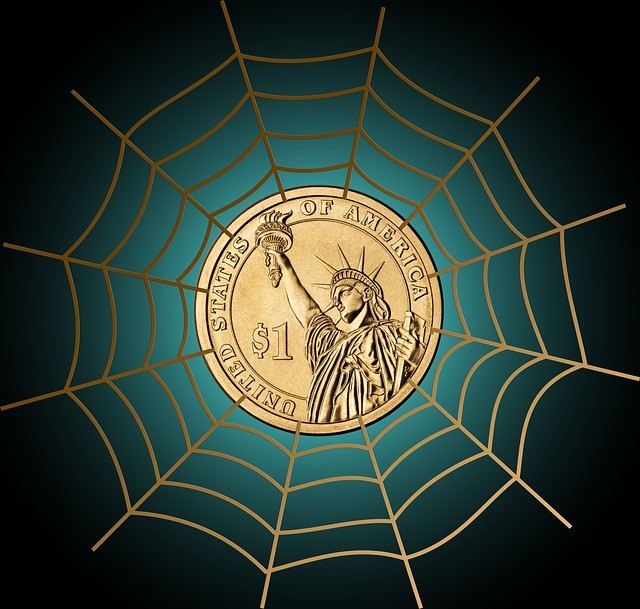These days it seems like everyone is investing. However, it’s hard to know what to invest in. If you’re looking into forex trading – that is, foreign exchange trading – you need to know your ropes in order to avoid fraud and going broke. The best way to do it is to educate yourself. Here are ten tips on how to best maximize profits and become a successful forex trader.

- Do your research. After all, you wouldn’t buy the first car that looks good, would you? Same goes for investing. First off, are you looking to have someone invest in a small start-up of yours, or are you looking into investing in certain things yourself? Researching the topic will help you understand better what you’re getting yourself into, and once you have a handle on the best industries and which risks to take, you won’t be diving in blindly.
- Choose one currency to start off with. Can you imagine trying to convert Japanese Yen while simultaneously trying to convert Pound Sterling and also figuring Chinese Yuan into the equation? It’s scary. Just pick a currency – maybe the Euro, maybe the United States dollar – you already have some experience with, and once you get a handle on that, you can start branching off.
- Keep your emotions in check. If you find yourself getting a little too excited and overconfident, you might overindulge and make high-risk investments that cost you a lot of money. Try to examine the industry logically and objectively. It will help your purchases.
- Analyze the markets. As you study the markets, analyze the trends and weigh decisions on that. Look at which hours of the day are best for trading. Be willing to learn through trial and error – mix and match different methods. Be patient – the market will not improve instantly. However, if you study the markets and make informed decisions, you will see payoff.
- Don’t worry if you only have a small amount of money. In fact, it’s better this way. Starting small means you know how to budget. Plus, if your investment ends up losing money, you don’t lose nearly as much. Sometimes the learning curve is a bit trial and error, and when it comes to error, it’s a scary experience. Even if you have no money, you can still start somewhere.
- Create an automated trading system. This can help you as a part-time trader, especially if you’re still new to the craft. The automated trading system is chock-full of functions that will make the more disciplined decisions for you – which is pretty necessary, as forex trading can get pretty emotional. It’s an easy market to get into.
- The sooner you start, the better – as long as you know what you’re doing. We’re not saying that starting investing in your thirties instead of your twenties will leave you full of regret. It is your money, after all, and you know your financial situation better than anyone. However, when you start investing earlier on in your life, it pays off even more as you get older.
- Choose a broker – but do it carefully and wisely. Look and see what financial institution that your broker is working for. Is it trustworthy and has a good track record? Look for brokers with low spreads – that is, the difference between buying and selling prices for a currency. This will help you save money. Look for a broker who will help you succeed and give you the tools for it.
- Don’t bank on a losing horse. This sounds obvious, but to some people, it’s hard medicine to swallow. If an institution looks like it’s going downhill, don’t buy into it – no matter what articles or media may be telling you that it’s “about to spike.”
- Simplify your trading. Luckily, you don’t have to have a doctorate degree in economics to understand the stock market. Just make sure you simplify your portfolio to a point where you understand what’s going on.
Overall, as you get into forex trading, there will be a learning curve, but it’ll pay off in the long run. It’s worth taking the time to research and grow.